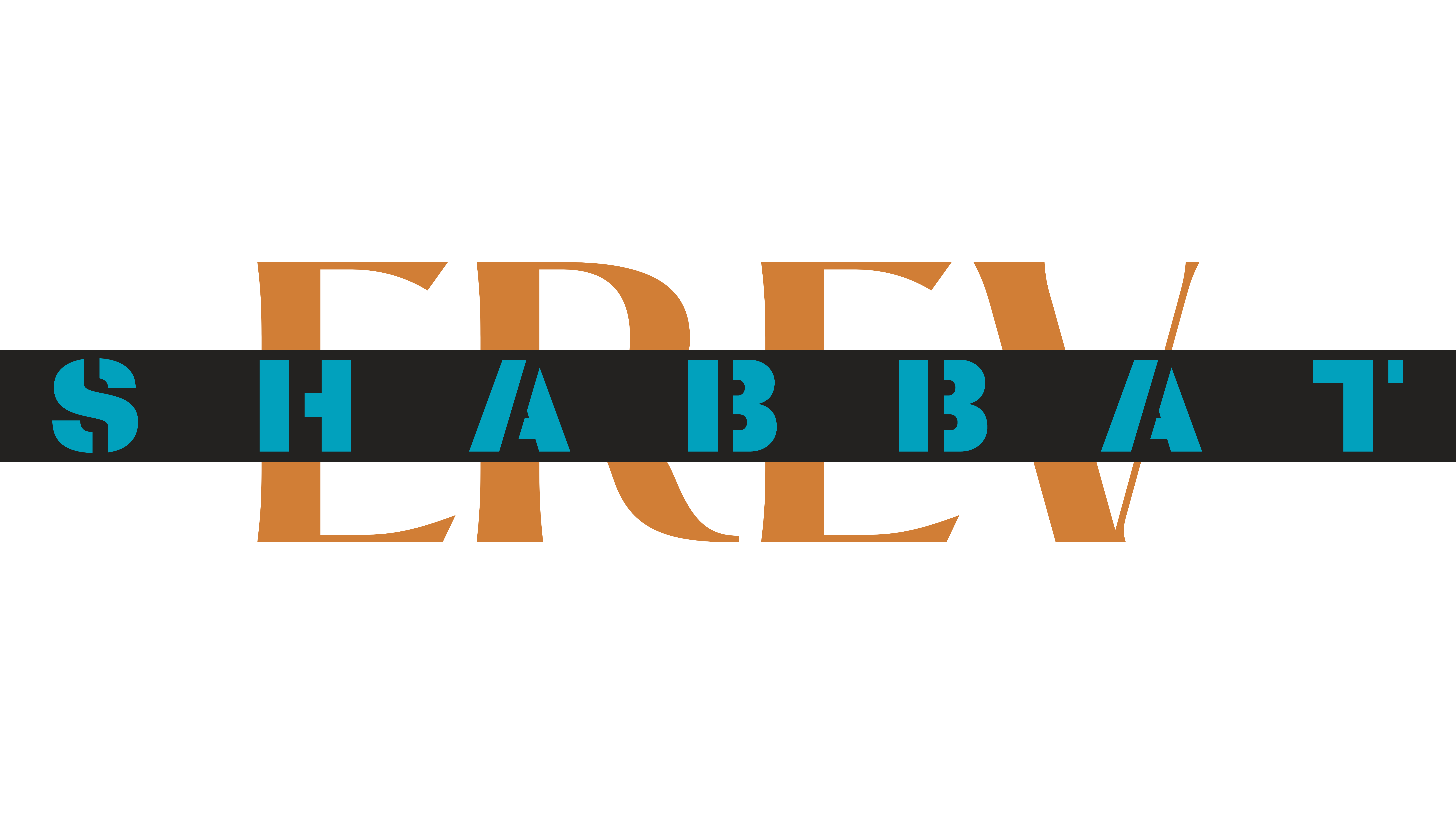Do not deny justice to your poor people in their lawsuits.
Exodus 23:6
It is not allowed to profit from a poor person. If we treat him well and give him help, he won’t be able to give it back to us and return our kindness towards him. Given his situation, he has no money, no job and no good relationship that he could share with us. This is a well-known fundamental and universal truth. The poor are thus helpless in an incredulous and impious society. If he is falsely accused, he will find no friends standing by his side and helping him since no one gives anything for free. In addition, it is very easy to charge a poor and make believe that he is guilty since crime is more likely to be committed when you are in misery.
Yahuwah forces his people to abide by this law in order to eliminate the problem of inequality. However, this only works if other similar laws are also respected in parallel. For the poor can have no more rights than the rich on the pretext that he is poor. In addition, we can only be impartial if we categorically refuse any allowance and other bribes that can tip the scales on one side or the other. Prohibiting corruption also strengthens this commandment because the poor can not afford to buy such a service.
Do not accept a bribe, for a bribe blinds those who see and twists the words of the innocent.
Exodus 23:8
It is true that today, the “poor” suffer less and less injustice. In this atmosphere of excessive and growing humanism, the world is swinging from one extreme to the other. It is of course not in Satan’s interest that the law of Yahuwah apply equitably. He is always trying to turn the situation over and not restore the original balance. It is therefore essential to take into account the rights of the rich in parallel with the rights of the poor in order to show perfect equitability. It is interesting to note that the law defending the rights of the rich is mentioned before the one defending the rights of the poor. This is all the more surprising since, in the course of history, the poor have suffered much more injustice from the rich than the contrary. This chronological sequence takes all its significance today when all over the world minorities acquire excessive rights to the detriment of the majority or the rich.
Following my conversion, I lived for a long time in a neighborhood where many celebrities lived, most of whom were of Jewish origin. I quickly realized that a form of discrimination was working in me. I felt more passionate about bringing the testimony of the Messiah to these people than to the anonymous ones. I imagined that bringing such a person to the Messiah would be an event that would make a lot of noise and the whole country would hear about it. For my part, I would have get a magnificent trophy of which I could have pride myself thereafter. It was this law that judged this tendency which remained in me. Only the one able of putting aside his preferences, his convictions and human aspirations is entitled to perform any ministry.
There are many Christian assemblies, where the rulers or the elders are sitting in front, in a separate place, like the VIP areas of rock concerts. There are sitting the “big ones” like aristocrats in their beautiful clothes, because they are famous, rich or simply because they are spiritually elders. I have heard many times that visitors looking for spiritual food who have noticed these separations, simply left without ever returning to such places. Those who spoke to me ended up finding a welcoming community where this law was respected. They did finally find a place where the elders do not sit in front and turn their backs on the youngest and the poorest in spirit, but on the contrary, they mingle with others and they are the ones who look after the newcomers by washing their feet. How many must be those who may never have returned to a Christian congregation after experiencing such situations and just went on wandering like widows or orphans?
The more mature we are in our minds, the more the reflex of not sitting in the front row should work automatically, for fear of having to be ashamed of being returned to the second place by the householder. Because it may happen that someone more honorable than we are is coming after us, although for now, he is still to be fed and healed in spirit through our own ministry. (Lk 14:8)
At our home, it is usually the youngest member of the family who sits at the top of the table, because this is the only place around the table where you can find an armchair and where the child is not at risk of falling down during the meal. We, the elders, are sitting on common chairs without arms, because our feet touch the ground and allow us to keep ourselves in balance.
In opposition to that, I happened many times that I have disputed a place at the back rows of a church with someone before the beginning of the cult. None of us wanted to sit in front. I thought that everything was in order with me and my opponent, because our humility made us covet the same more modest places. Then, I realized that the situation was not so idyllic as that. Because we often go to the back so that we do not have to assume our responsibilities, our communion with the others and in order to avoid our duties in the ministry … but this will be the subject of another teaching.
Also see Widows and orphans
WATCH THE VIDEO VERSION

